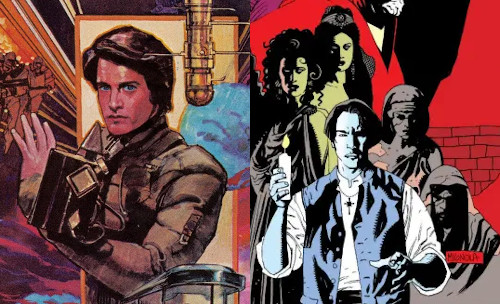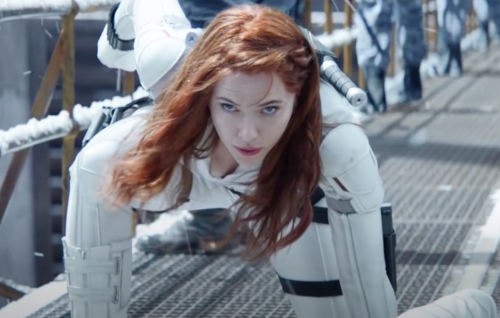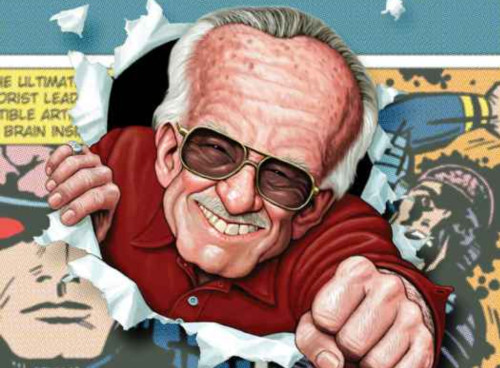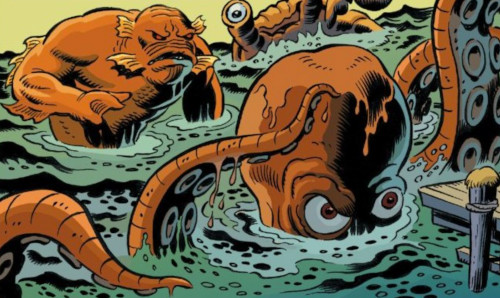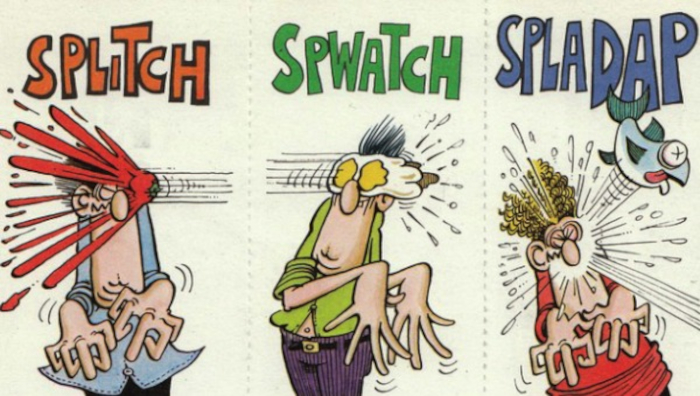
POW! ZAP! Comics may not be for kids anymore, but they still have sound effects! Our own Patrick Ijima-Washburn noticed that Japanese editions of American comics left the sound effects untranslated, and decided to put together a book on how common English sound effects should be translated. Life being what it is, it took well over a decade, but the book is finally out digitally, in both Japanese and English! This time Patrick joins Tim to talk about the genesis of the book, some sound effects trivia (what comic strip first used “ZZZZ” for snoring? Who originated adding “ker-“ to the beginning of a sound effect?), and take a quiz from Tim: if quoted a sound effect from an actual Marvel comic, can he guess what action it’s supposed to represent?
Brought to you by:
Podcast: Play in new window | Download

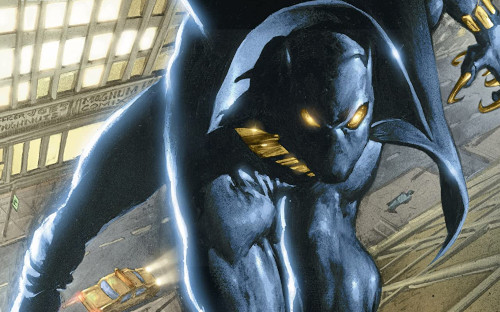 FLASHBACK! In 1998, under the “Marvel Knights” banner, Christopher Priest began the first ongoing Black Panther title in nearly two decades. Panther was a relatively unknown character to many Marvel readers at the time. With the aid of “Emperor of Useless White Boys” Everett K. Ross, and artists like Mark Texeira and Joe Jusko, Priest (a.k.a. Jim Owsley) made Panther a must-read and brought the nature of his character into sharper focus. Kumar and Tim discuss the first 17 issues (the ones included in
FLASHBACK! In 1998, under the “Marvel Knights” banner, Christopher Priest began the first ongoing Black Panther title in nearly two decades. Panther was a relatively unknown character to many Marvel readers at the time. With the aid of “Emperor of Useless White Boys” Everett K. Ross, and artists like Mark Texeira and Joe Jusko, Priest (a.k.a. Jim Owsley) made Panther a must-read and brought the nature of his character into sharper focus. Kumar and Tim discuss the first 17 issues (the ones included in 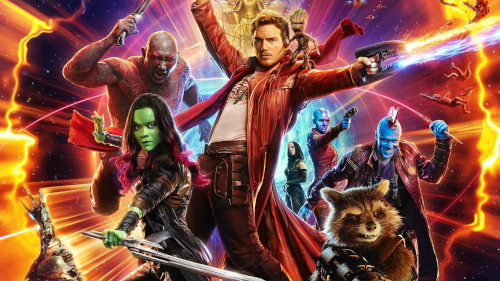
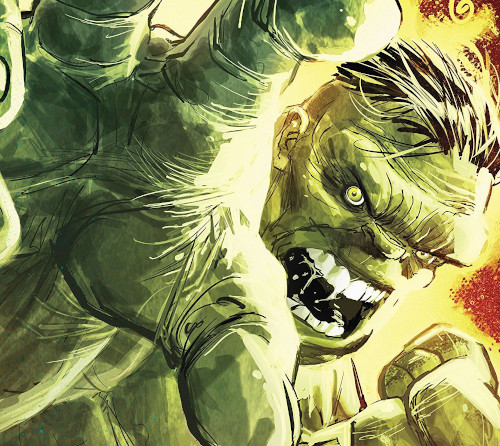 The Immortal Hulk won a fair amount of praise, including for Al Ewing‘s writing (although also censure for the
The Immortal Hulk won a fair amount of praise, including for Al Ewing‘s writing (although also censure for the 